Performance of natural stones in extreme weather conditions
April 8, 2024 AdminNatural stone is an amazing element that comes with a plethora of qualities and advantages that tend to improve our lives. Every building component looks great when natural stone is used, whether it is used indoors or out. The wealth of information available on natural stone could leave you feeling overwhelmed when it comes to selecting the ideal stone for your project.
Natural stone can be used in chilly, humid settings as well as hot, dry ones. Few materials have the ability to both withstand and adapt to a broad variety of climate changes. To learn more about how adaptable stone is, continue reading.
Let’s examine the differences between these stones in order to gain a better understanding of how they function in various weather situations.
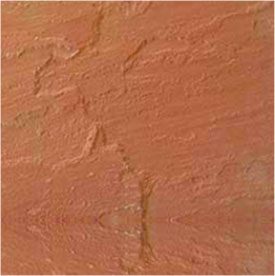
SANDSTONE
A granular substance with a size similar to sand is compacted and lithified to create sandstone, a sedimentary rock.
Quartz, feldspar, micas, and impurities make up sandstone. The many impurities are what determine the sandstone’s color and appearance. This kind of stone is deposited in saline, continental, or riverine environments.
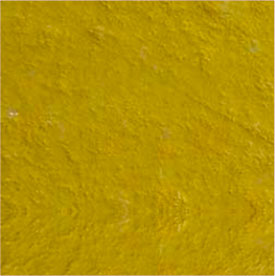
LIMESTONE
Sedimentary rocks include limestone. It is created on Earth’s surface by the process of sedimentation, in which a solid sediment is created by the combination of various organic or mineral particles. Because limestone often has a high to medium porosity, the kind of finish that is applied depends on the surface type. Limestone is primarily white, though impurities can give it a tinge. Lorem Impsum
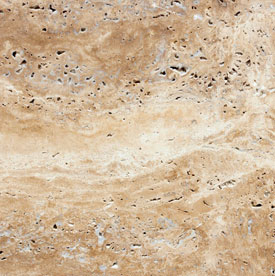
TRAVERTINE
Calcite, aragonite, and limonite make up the limestone known as travertine, which accumulates around natural springs. It has compressed parallel layers in between, with tiny holes visible that give the stone movement.
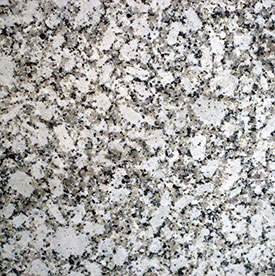
GRANITE
Granite is composed of tougher materials than glass: feldspar and quartz. The mineral content is tightly held together in an interlocking structure, and it does not separate into layers. This makes the stone appropriate for a wide range of treatments and surfaces. Granite is therefore unaffected by stains or etching. It usually has a gritty look and, depending on the minerals it contains, can be pink or a variety of grey tones.

Marble
Calcite, often known as calcium carbonate or CaCo3, is the mineral that makes up marble. Dolostone, or limestone mixed with dolomite, is the source of marble. It is a white metamorphic rock that is stronger than the parent rock and non-foliated, meaning it cannot be divided into layers. Marble can acquire hues like green, pink, or black due to chemical impurities in the parent rock. Marbles are susceptible to etching and staining, just as limestones, thus the finish needs to be appropriate for the surface type.
Weather Resistance of Natural Stones
Over time, natural stone has proven to be an excellent material to use anywhere we may be in the world, particularly during severe weather. Not just in warm climates but also in frigid ones. It can last “forever” if applied correctly.
According to the leading natural stone exporters, “In some circumstances, more care is needed to ensure that the stone can withstand severe environmental conditions.”
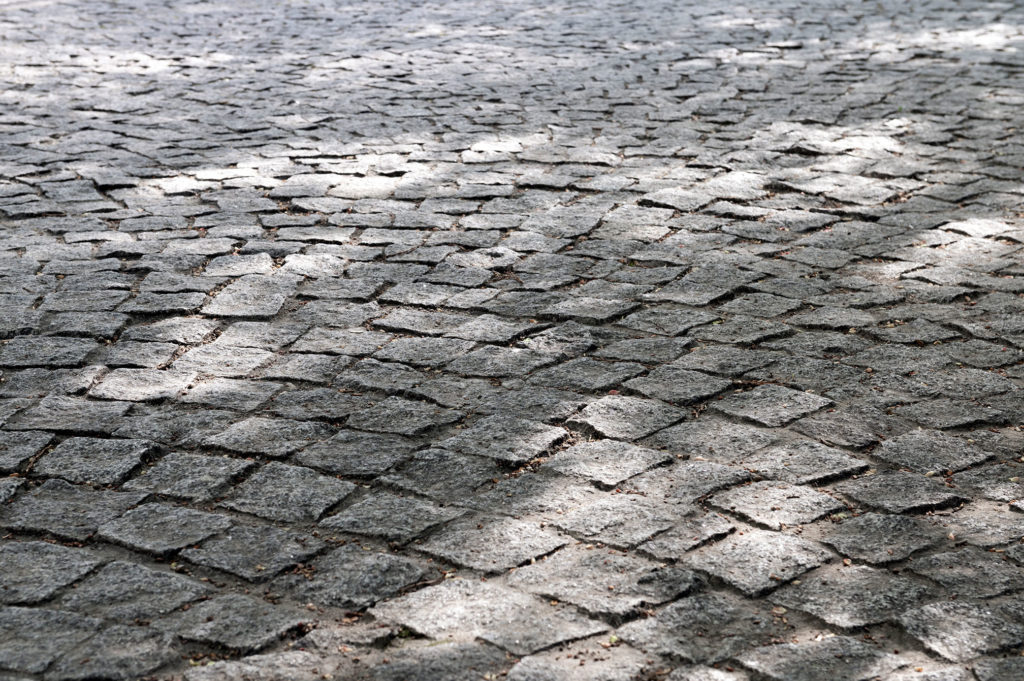
COLDER ENVIRONMENT
Energy-efficient Heat
Warmth and heat from the floor up without any cold spots in the room are effectively provided by radiant heat. Certain natural stones have qualities that make them excellent heat conductors, which means that heat is transferred from the heating cable to the surface in an effective manner. They also have a high rate of retention, which increases system efficiency. This implies that it will require less energy and time to heat up rapidly and stay warm. In these situations, using some natural stones is a terrific idea.
Granite Usage
Since granite has little porosity and shields the surface it is applied to, it is the ideal natural stone for cold climates. Granite has been applied to the lower external façade of many snow-prone locations to prevent snow buildup and water intrusion into the stone façade. Granite hence comes in a wide variety.
Expansion
In colder areas, precipitation typically turns to freezing. Additionally, as the water that seeps into the pavers freezes and expands, it may cause the stone to expand and fracture even more (the pressure splits the stone). Therefore, in order to prevent such incidents, we must select the proper stone, which should have low porosity and good durability; alternatively, we should apply the stone keeping that in mind and ensure that the fastening mechanism permits the water to cycle. The tests “Determination of Frost Resistance” and “Determination of Resistance to Aging by Thermal Shock” are available for this purpose.
HOTTER ENVIRONMENT
Cold Floors
An area can also be cooled by using natural stone for interior flooring. The stone (internal flooring) functions as a natural air conditioner, cooling the entire space when heat is not applied to it. Interior cladding experiences the same thing. In certain situations, it is better for the stone to be a lighter color when applied externally to reflect as much heat as possible. A stone-renovated internal area revitalizes the space.
Fire Resistance
In addition to being a powerful heat conductor, natural stone also helps prevent and protect regions from fires.
Stone Breakage
Some stone kinds should not be used in hot climates because of the dry conditions that can cause them to shatter. Others, though, are. This is dependent upon the stone’s porosity and hardness. Because every stone is different and has distinct qualities, they might crack or break in severe weather. Granite, for example, has a large capacity to store heat, whereas other varieties of marble and limestone do not, which makes them more prone to breaking. Some properties, like porosity, mineral makeup, and other chemical properties, alter how a stone behaves in harsh weather conditions.
The Conclusion
Among various natural stones, granite is known to exhibit superb physical and functional properties against different types of adverse weather conditions. So, if you are in a country like Canada which is considered among the coldest countries in the world, there is nothing better than contact one of the leading natural stone exporters in India that provide wide-ranging granite options for both commercial and residential construction projects.








